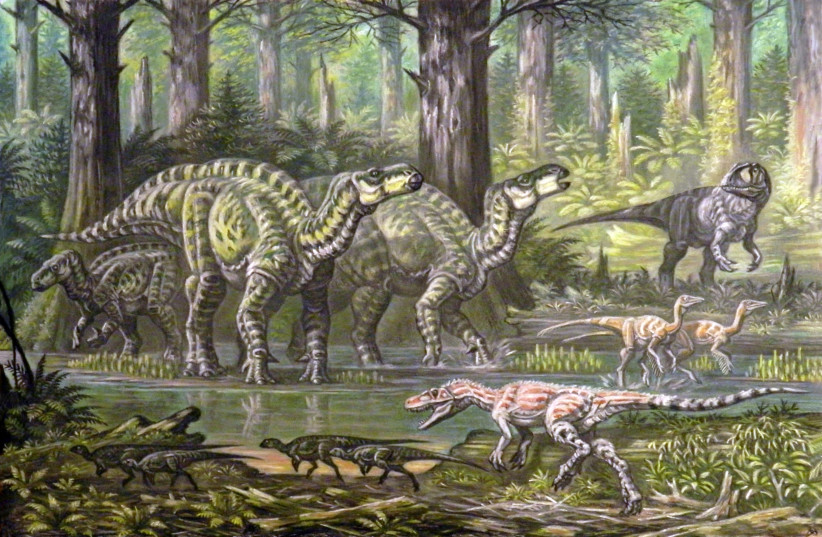Researchers have discovered the first definitive evidence that an ancient crocodile species known as crocodyliforms ate dinosaurs, in a study that took place in Australia.
The study, which was published in the peer-reviewed Elsevier, also showed that the crocodyliform that was analyzed was the second species to be discovered in that region of Australia.
Crocodiles are a species that spans back about 50 million years, but the lesser-known, and now extinct, Mesozoic crocodyliforms, which were similar to crocodiles, had a more diverse diet with some being carnivorous and some herbivores or durophagores (eating hard-shelled organisms). At 11 meters, the larger members of the species like the sarcosuchus and deinosuchus were capable of eating dinosaurs. Even smaller members like the orgresuchus have been found to have possibly lived on a diet of dinosaurs.
Researchers have been forced to use methods other than examining stomach contents of crocodyliforms because, like modern crocodiles, they had extremely corrosive stomach acids. Previously, scientists have had to rely on evidence such as the proximity of remains to one another and teeth marks in order to theorize about this diet.
Now, however, researchers have found a crocodyliform in the Winton Formation in Australia that had exceptionally preserved stomach contents with the partial remains of a juvenile ornithopod dinosaur, which is the first definitive evidence of such a diet and the first skeletal evidence of ornithopods in the region.

Moreover, the crocodyliform is the second type to ever be found in the Winton Formation and was named the confractosuchus sauroktonos (broken dinosaur eater).
The excellent state of the remains suggests that the crocodyliform may have died not long after it ate the dinosaur – otherwise, its stomach acids would have made the remains indistinguishable.
"At the time of its death, this freshwater crocodile was around two and a half meters long and still growing," said Dr. Matt White, a research associate of the Australian Age of Dinosaurs Museum who led the study. "While Confractosuchus would not have specialized in eating dinosaurs, it would not have overlooked an easy meal, such as the young ornithopod remains found in its stomach."
